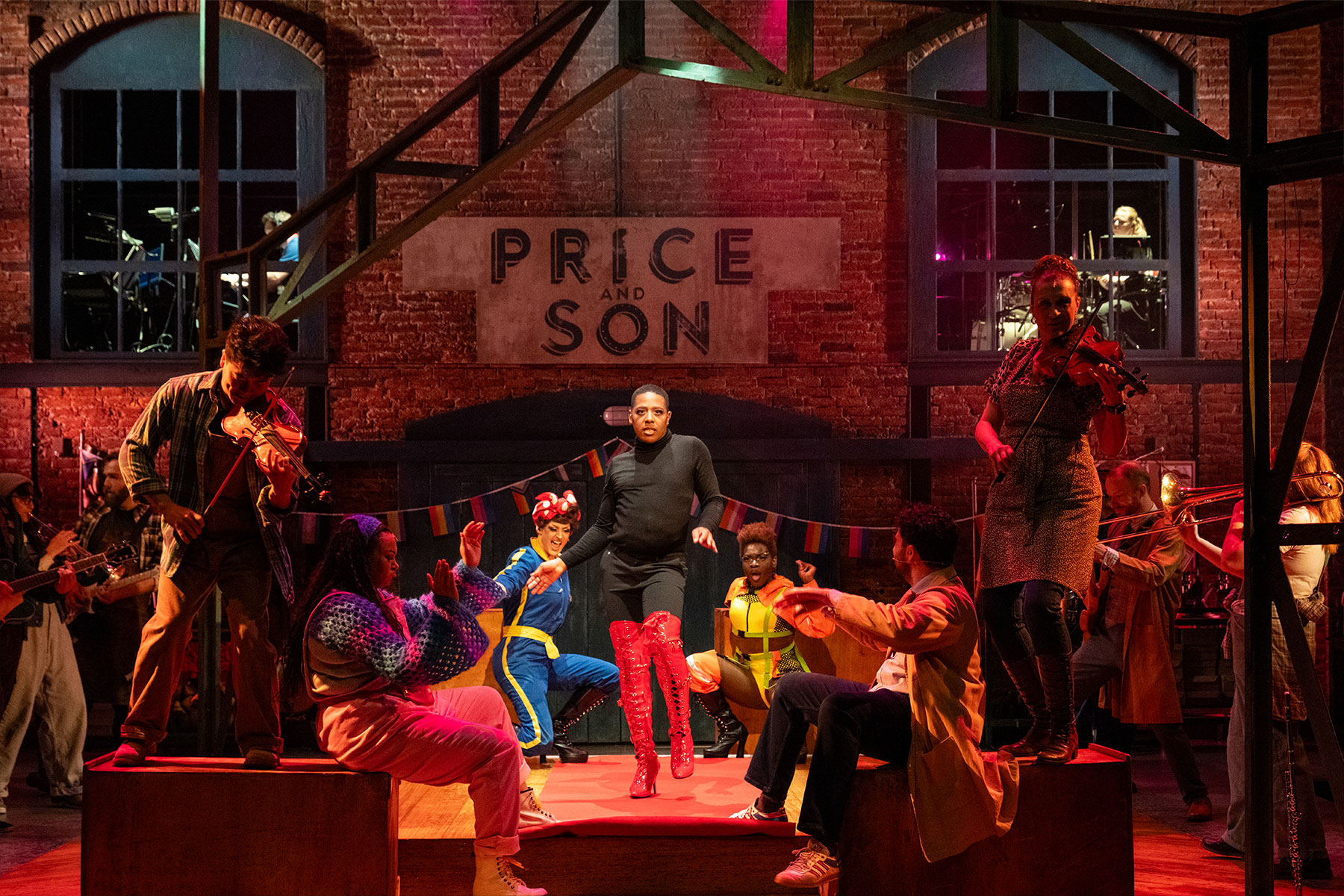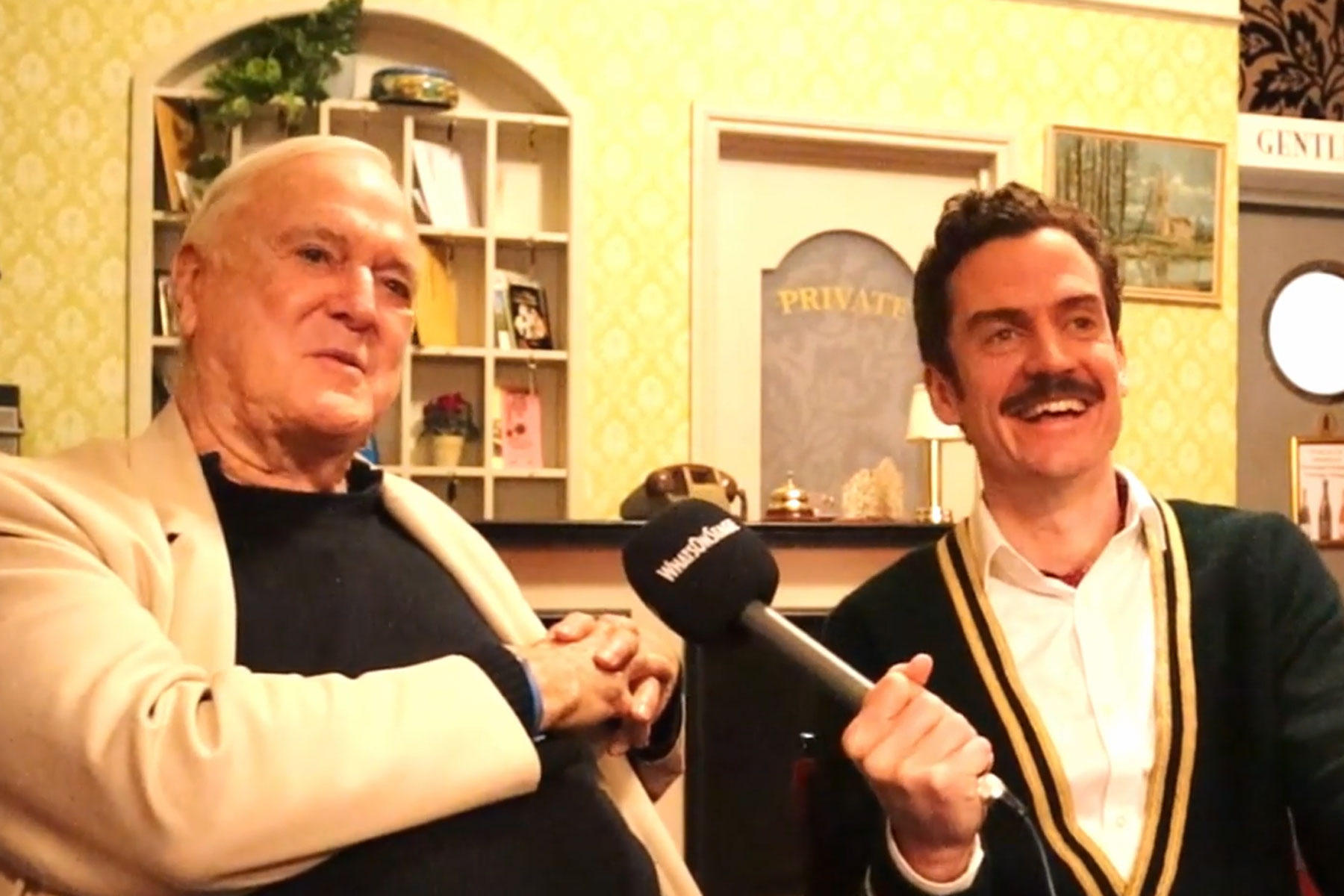Quality Street
The Finborough has a well-deserved reputation for reviving otherwise neglected works. Their three-month RediscoveriesUK season includes J.M. Barrie’s play Quality Street, last seen in London in 1946. A romantic comedy of manners and errors, the play is set against the historical perspective of the Napoleonic Wars, which separates lovers and forces those left behind to re-evaluate their lives.
It’s 1805 and the handsome Mr Valentine Brown has caught the eye of flighty young Phoebe Throssel who lives in genteel, though far from rich, comfort with her older sister, Susan. Phoebe is convinced Valentine is about to propose, but instead, he tells the sisters that he has enlisted in the Army. Devastated, and left in straightened circumstances due to a misplaced investment, Phoebe establishes a school, turning her hand to any subject that the pupils require. Ten years later, victory at Waterloo is being celebrated but Phoebe stays at home, feeling old and world-weary. In a twist of Cinderella-esque fate, Phoebe does end up at the ball, but in the guise of her young niece, Livvy.
Quality Street is a charming play, charmingly played. Claire Redcliffe makes Phoebe a believably ditzy young woman and a feisty but compassionate school-mistress, while Daisy Ashford‘s Susan is convincing as the older sister, resigned to her position as an “old maid” trailing in her sister’s wake. The nosy trio of Mary, Fanny and Henrietta are played as suitably vacuous by Kate Cook, Hannah Boyde and Tamzin Aitken. Sadly, James Russell‘s dashing Valentine Brown could do with rather more dash, his performance lacking passion and drive. There’s little chemistry, making it hard to believe that Phoebe would have been so smitten or have pined for this ponderous creature for a decade.
In Louise Hill‘s otherwise sparky production, the war becomes incidental, reduced to a plot device. Brown’s war injury is mentioned but does not appear to affect him other than going through the remainder of the play with a bandaged hand. If this piece had been intended more as social commentary than lightweight romantic confection, the over-sudden ending would have been annoying, but it was fitting that this flimsy but heartwarming story ended on a “happy ever after” note.
– Carole Gordon










